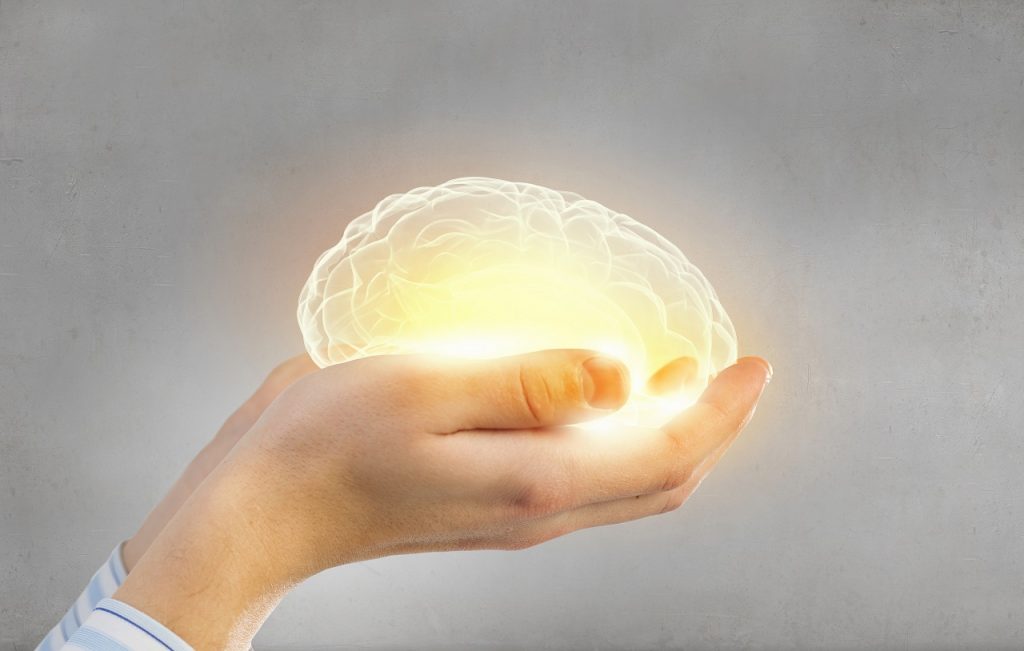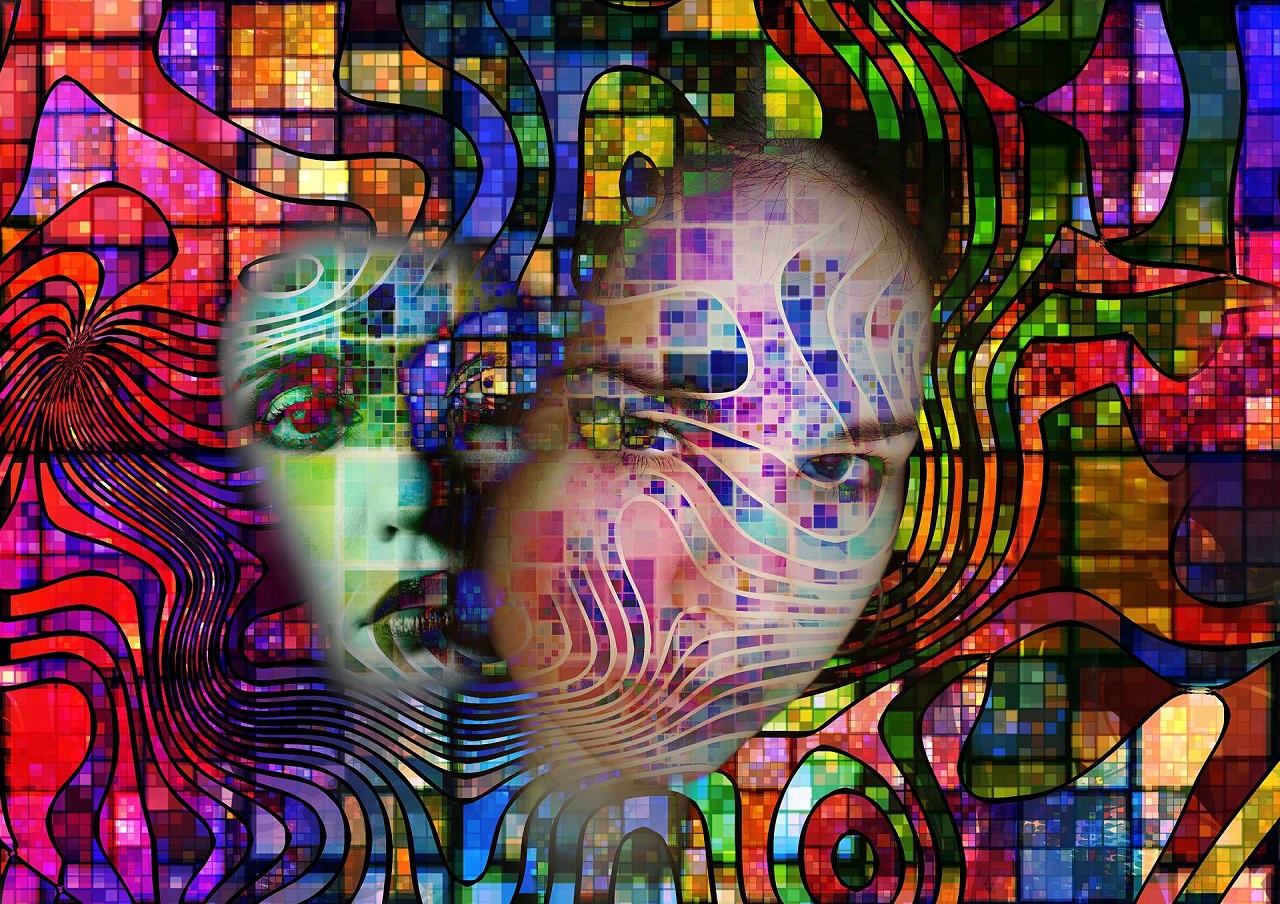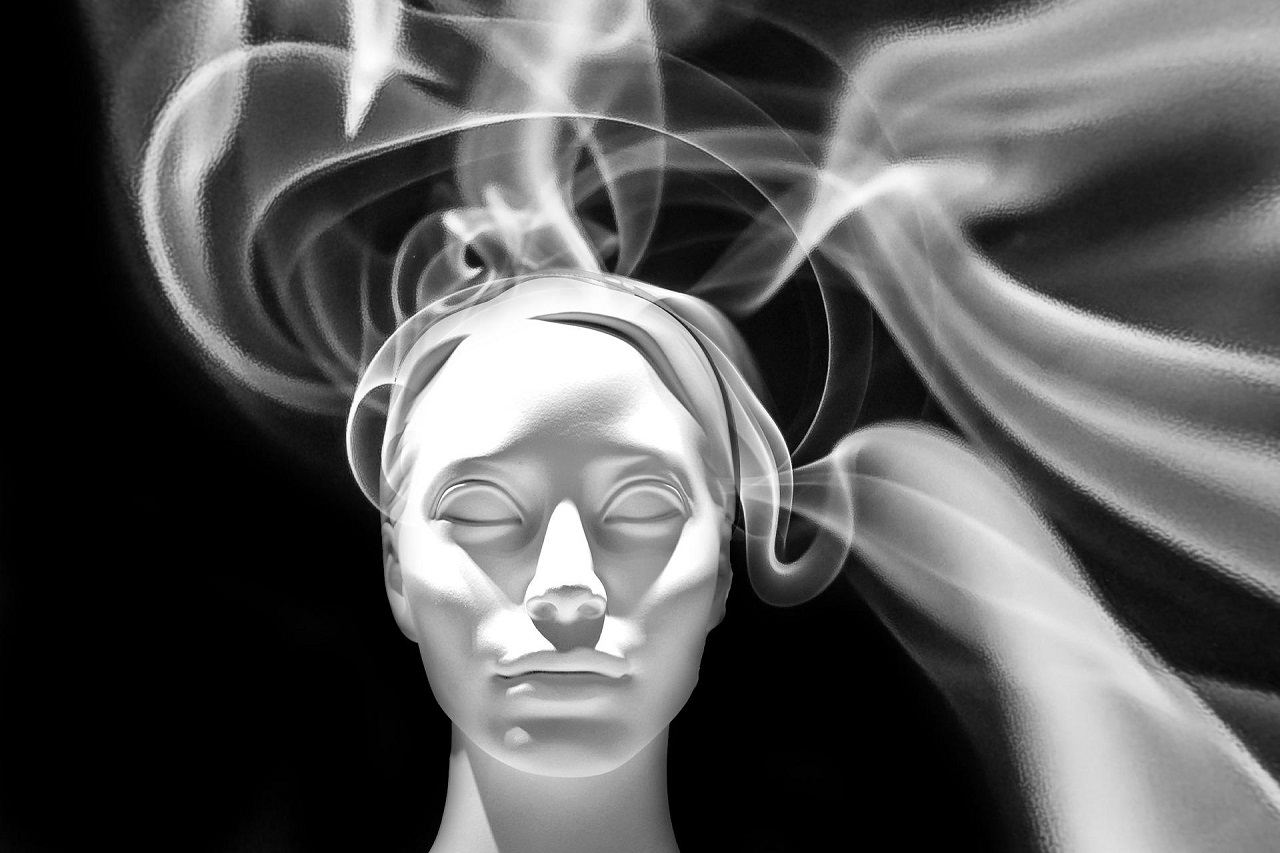 You watch an invigorating dance performance on YouTube and feel your heart race and blood sing in your veins. Your love for dance has once again been roused. The image of you enthralling an auditorium full of people with your outstanding dance performance flashes through your mind – A dream you had nursed throughout your teens and 20’s. You close the door to your room, put on some music with fast beats and dance energetically in the safety of your room. You almost make up your mind that you are going to enroll for a dance class and perform to an audience sometime soon. But as the night passes and the new day breaks, you remind yourself that you have to be “practical”…
You watch an invigorating dance performance on YouTube and feel your heart race and blood sing in your veins. Your love for dance has once again been roused. The image of you enthralling an auditorium full of people with your outstanding dance performance flashes through your mind – A dream you had nursed throughout your teens and 20’s. You close the door to your room, put on some music with fast beats and dance energetically in the safety of your room. You almost make up your mind that you are going to enroll for a dance class and perform to an audience sometime soon. But as the night passes and the new day breaks, you remind yourself that you have to be “practical”…
You consider yourself overweight. You are convinced that your family, friends and even strangers would laugh at you. You imagine the looks of ridicule on their faces when they get to know about your dream to dance. The decision is easy – “People see me as a responsible father, husband and professional. What would they think if they found out that I was training for dance and planning to perform in public?” And another dream is sacrificed at the altar of “What will people think”.
In my work with people, I have lost count of the number of times I have heard them say that they suppressed their needs & desires or gave up on their dreams, wishes, and hopes for a better life, because they were worried about what people would think. These wishes and dreams varied from wanting to cut their hair short or allowing themselves a weekend trip, to dreaming of starting an enterprise or wanting to walk away from an abusive relationship. I strongly suspect that “What will people think” syndrome is the single biggest killer of hopes, possibilities and dreams. 
What’s Behind The Fear?
If you have had this syndrome or still do, it just shows that you are human. This is driven by our evolutionary history. Thousands of years ago when humans were hunters and gatherers, avoiding disapproval from others was important for our survival. And of course we have been further conditioned by our families and schools to see others’ approval as the gauge of our worthiness. But then how does one overcome this fear?
Some Ways To Beat The “What Will People Think Syndrome”
1. Remember, people really don’t think or care that much about you
We humans are too busy obsessing about our own lives and spend very little time thinking about others. Even when we do think about others, it is in the context of how that impacts “me”, otherwise those thoughts are momentary. If you are not convinced, consider this – how much time of your day do you spend thinking about others’ (people who you are not close to) choices about their lives, particularly what may be deemed as stupid or poor choices? 5 hours? 2 hours? Half an hour? 2 minutes? 30 seconds? I am guessing it is more like the last figure. See what I mean? And here you are trying to conform to what you assume is others’ expectation of you, just so that for those few flashing moments people may approve of you (in your imagination). When you conform to imaginary rules so as to not attract disapproval, the only thing you manage to do is live a life of insignificance and make yourself invisible. On the other hand living by your own priorities and needs makes life more meaningful and engaging.
2. Stop judging and gossiping
We have a tendency to second guess other people’s reaction based on our own. Hence if you are in the habit of making judgmental, insensitive comments about others and are easily given to reveling in juicy pieces of gossip, it’s only natural for you to worry about others’ judging you the same way. So when you make it a practice to think compassionately about others, your worry about others’ judgment also diminishes.
3. Be accepting and kind to yourself
The people who fear judgment the most are the ones who judge THEMSELVES very harshly. When you are disapproving of yourself, then it is only natural for your mind to look for approval from others. That’s the only way to survive. I recently heard a well known actress admit during an interview that she used to constantly worry about her acne and imagined that when people spoke to her they only saw her acne. And she then went on to do her first movie while the acne still existed and she was amazed at how no one seemed to care about her acne. When we judge ourselves harshly we are constantly looking for cues for others’ disapproval and find it even where there is none. So spare yourself the torture by being kind and accepting of yourself.
4. Protect your dreams from harm
Many times it is our very own families and loved ones that plant the fear about other people’s opinions. They are just projecting their own insecurities on to you. Hence when you have ideas that you want to try out and suspect that your immediate family may not be thrilled about the idea, don’t share it with them till you have a clearer plan about how you want to take it forward. But do share it with one or two people who you know would support and encourage you. Your dream is like a seed. Once planted you need to water and nurture it and protect it from weeds and pests. Once the sapling grows into a strong plant and then a tree, it can withstand the strong sun and the storms. Same applies to your ideas and dreams.
5. Feel the fear and do it anyway
Rather than trying to avoid fear altogether, focus on taking action even when you feel worried or scared about other people’s reactions. Two things happen. One, you will realise that your anticipation of how others would react is either unfounded or exaggerated. Secondly you will feel more confident about the direction you want to move in, once you take the first few steps, rather than feeling confused and stuck.
Conclusion
You owe it to yourself to give yourself a chance and live a life that is genuinely joyful and meaningful. Your values and desires exist for a reason. Get out there and experiment with life, allow yourself to perspire, attract some unfavourable attention, fail a few times, laugh at yourself, get your hands dirty, stain your clothes; use up all those ideas, talents and gifts that you came to this earth with, because the best gift you can give this world is to be truly yourself!
We hope this article helps you overcome the “What will people think” syndrome. Do let us know your thoughts in the comments below. For more from our Emotional Wellness Expert Divya Thampi, check out Healthy Reads or tune in to her LIVE sessions on GOQii Play. Subscribe now!
#BeTheForce
 In 2020, we released a study that revealed how
In 2020, we released a study that revealed how  Schizophrenia is one of the most misunderstood mental disorders in our society. Hence, let’s start with what Schizophrenia is NOT:
Schizophrenia is one of the most misunderstood mental disorders in our society. Hence, let’s start with what Schizophrenia is NOT: The exact cause of schizophrenia has not yet been established. Studies indicate that a combination of genetics, environmental factors and brain chemistry contributes to the development of the disorder.
The exact cause of schizophrenia has not yet been established. Studies indicate that a combination of genetics, environmental factors and brain chemistry contributes to the development of the disorder. Being aware of the diagnosis of schizophrenia can be deeply distressing for the individual and they require a supportive environment for recovery. Due to fear, ignorance or awkwardness, friends, family members and others, may be overcautious or insensitive to people who may be dealing with the disorder.
Being aware of the diagnosis of schizophrenia can be deeply distressing for the individual and they require a supportive environment for recovery. Due to fear, ignorance or awkwardness, friends, family members and others, may be overcautious or insensitive to people who may be dealing with the disorder.





